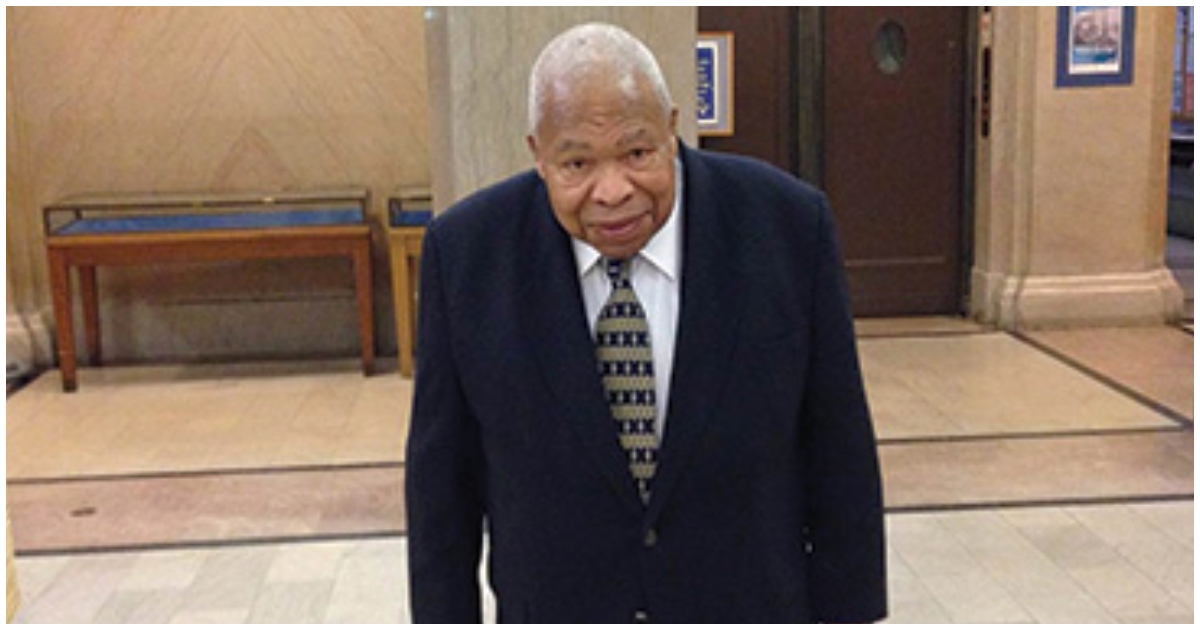Historic Victory Marks Milestone in Black Political Leadership
Fifty years ago, Kenneth Gibson made history as the first Black mayor of a major northeastern city. His 1970 election in Newark, New Jersey, came at a pivotal moment for civil rights and police reform.
The groundbreaking victory followed the devastating 1967 Newark Rebellion. This uprising began after police brutality against a Black cab driver sparked widespread protests and tragic consequences.
Rise to Power Amid Civil Unrest and Police Violence
Before Gibson’s election, Newark’s majority Black and Puerto Rican population lived under an entrenched white political machine. The police force remained overwhelmingly white and Italian-American.
“Newark is in the control of an Italian nationalist army called the police department,” declared activist and poet Amiri Baraka during the campaign. “We are moving in Newark to gain our political control because we are interested in Black survival.”
Coalition Building and Campaign Strategy
Gibson, a city engineer with a moderate reputation, focused his campaign on competence and good governance. His message resonated with both Black activists and white liberals seeking change.
Community organizers worked tirelessly to harness the electoral strength of Black and Puerto Rican voters. “We’ve come to the conclusion that the city is ours anyway, that we can take it with ballots,” Baraka explained.
Challenges and Disappointments in Police Reform
Despite high hopes, Gibson’s first year in office saw increased police brutality complaints. The police department appeared to resist change through continued violence against Black and Puerto Rican citizens.
Gibson’s moderate approach focused on hiring more Black officers and community policing. However, he remained notably silent on mounting police violence, leading to criticism from civil rights groups.
Legacy and Lessons for Modern Activism
Gibson’s mayoralty highlighted both the possibilities and limitations of electoral politics in addressing systemic racism. While his election broke barriers, it showed that representation alone couldn’t solve deep-rooted problems.
The experience serves as a compelling lesson for today’s activists. True reform often requires more than just changing leadership – it demands sustained grassroots effort and systemic transformation.





